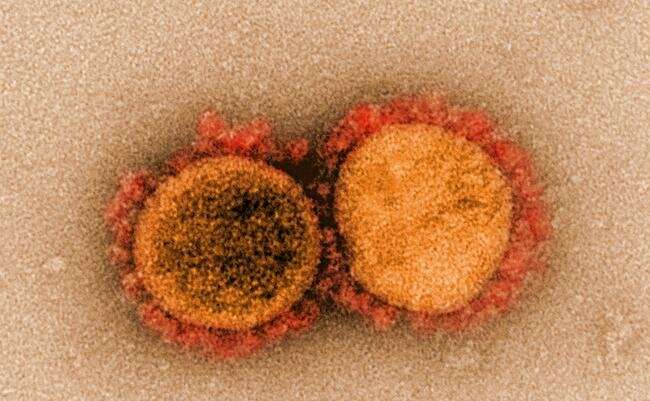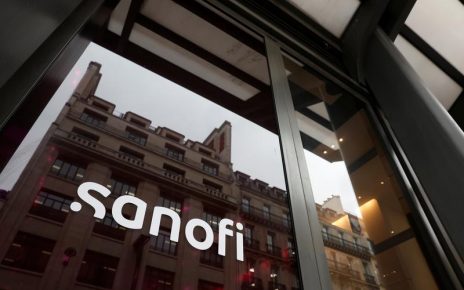
(HealthDay)—For household contacts of infected persons, subcutaneous REGEN-COV, a combination of the monoclonal antibodies casirivimab and imdevimab, prevents symptomatic and asymptomatic severe acute respiratory syndrome coronavirus 2 (SARS-CoV-2) infection, according to a study published online Aug. 4 in the New England Journal of Medicine.
Meagan P. O’Brien, M.D., from Regeneron Pharmaceuticals in Tarrytown, New York, and colleagues randomly assigned participants aged 12 years and older enrolled within 96 hours after a household contact received a diagnosis of SARS-CoV-2 infection to receive 1,200 mg REGEN-COV or matching placebo by subcutaneous injection.
The researchers found that symptomatic SARS-CoV-2 infection developed in 1.5 percent of the 753 participants in the REGEN-COV group and in 7.8 percent of 752 participants in the placebo group (relative risk reduction, 81.4 percent). In weeks 2 to 4, 0.3 and 3.6 percent of participants in the REGEN-COV and placebo groups, respectively, had symptomatic SARS-CoV-2 infection (relative risk reduction, 92.6 percent). Symptomatic and asymptomatic infections were prevented by REGEN-COV (relative risk reduction, 66.4 percent). With REGEN-COV versus placebo, among symptomatic infected participants, median time to resolution of symptoms was shorter (1.2 versus 3.2 weeks), as was the duration of a high viral load (0.4 versus 1.3 weeks).
“A need will persist for a complementary approach to prevent the spread of SARS-CoV-2 infection in persons who are not vaccinated, who have waning vaccine-mediated protection over time or because of the emergence of variants, or who are immunocompromised and cannot mount an antibody-mediated antiviral response,” the authors write. “REGEN-COV has potential use as long-term prophylaxis in persons at risk for SARS-CoV-2 infection.”
Source: Read Full Article



